Elevate your local knowledge
Sign up for the iNFOnews newsletter today!
Sign up for the iNFOnews newsletter today!
Selecting your primary region ensures you get the stories that matter to you first.
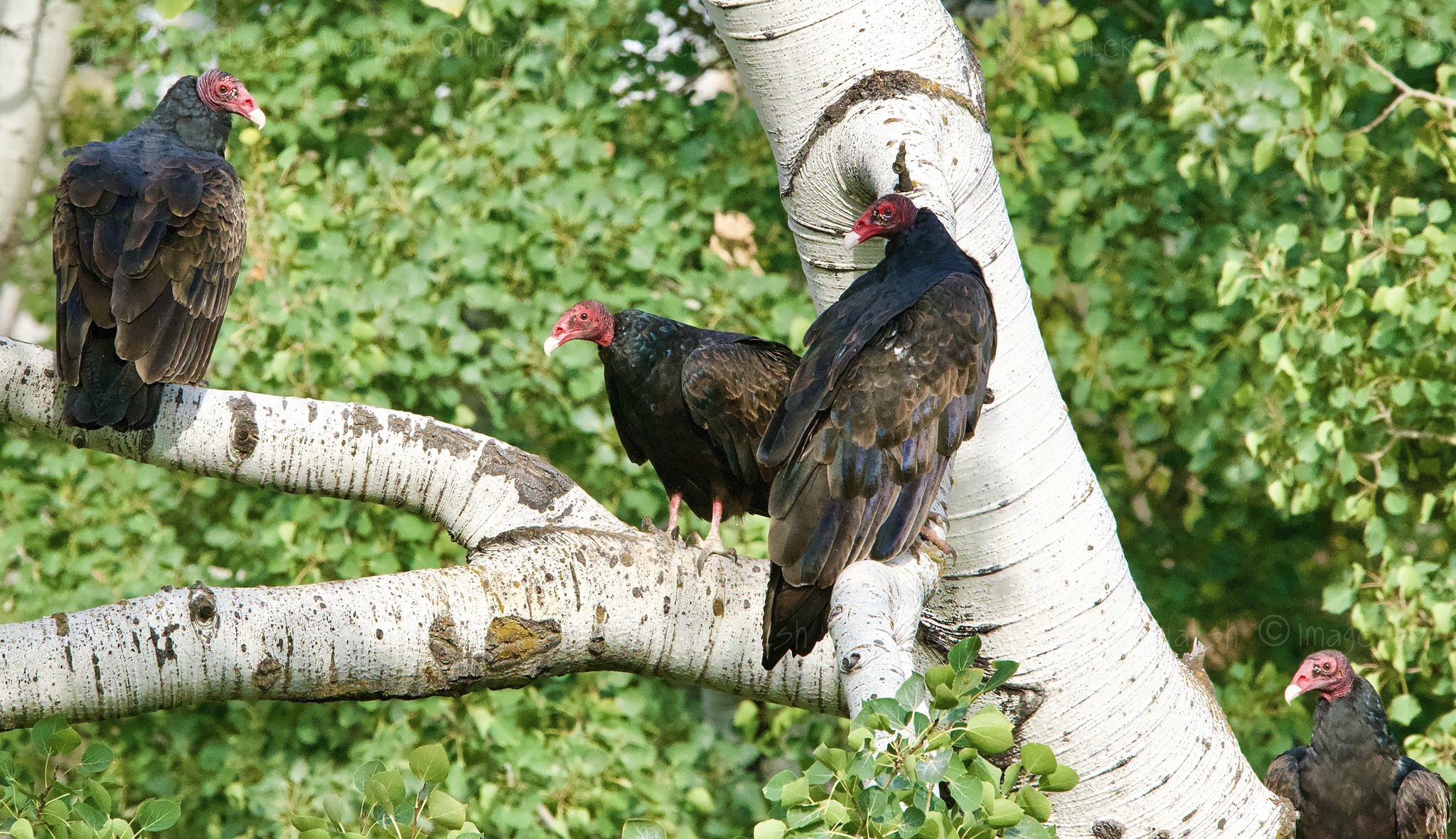
When wildlife gathers in groups, whether fish or fowl, there are collective nouns for those gatherings, and this past year photographers in Kamloops and the Okanagan have captured groups of animals with unusual ones.
A pack of dogs, a herd of horses or a colony of ants are more familiar names for groups, but some names like skulk of foxes, a mischief of mice or a charm of hummingbirds are perhaps less known.
The names for a species grouped together can change according to what activity is taking place. A group of turkey vultures in flight is called a kettle, a venue or a volt, according to Birdful. When the birds are on the ground or perched together in trees they are called a committee, and when they are feeding on a carcass, they are called a wake. Guild is used to describe a communal roosting flock of turkey vultures.
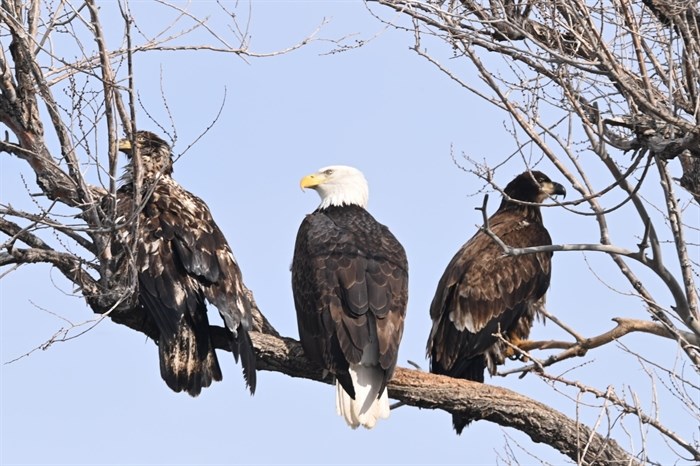
Groups of another big bird of prey, the eagle, are most commonly known as a soar when in flight, while a convocation is a general description for a large gathering of them.
Other interesting names for groups of birds include a murder of crows, a parliament of owls and a bevy of swans, according to Britannica.
There are numerous interesting names for mammals gathered together. Otters that are known as a romp when the group is playing together and a raft when the group is swimming. A few other common names for otter groups is family, bevy and lodge.
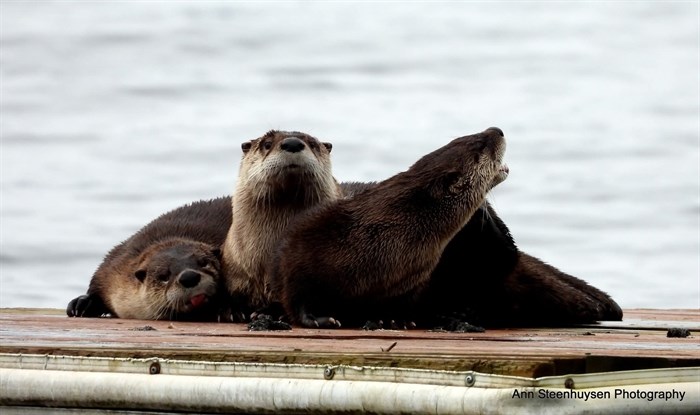
A group of raccoons is most commonly known as a gaze or a band, and a nursery if they are young. Other quirky names for mammal groups include a prickle of porcupines, a stench of skunks and a scurry of squirrels.
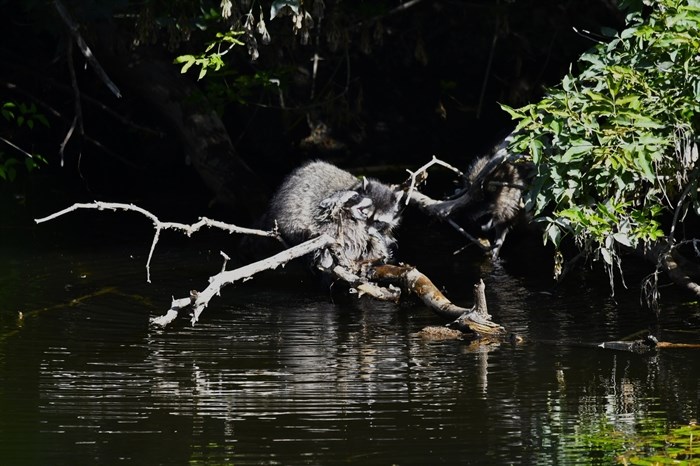
Unique names for groups of insects include butterflies that are known as kaleidoscopes or flutters when huddled together, and caterpillars that are called an army when found in a cluster.
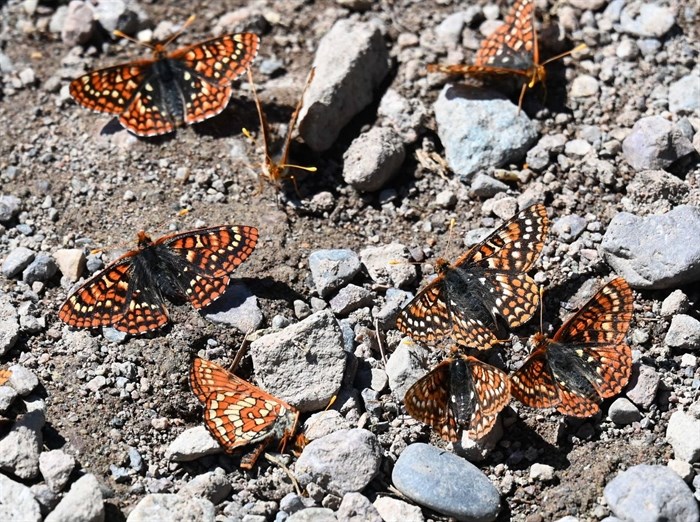
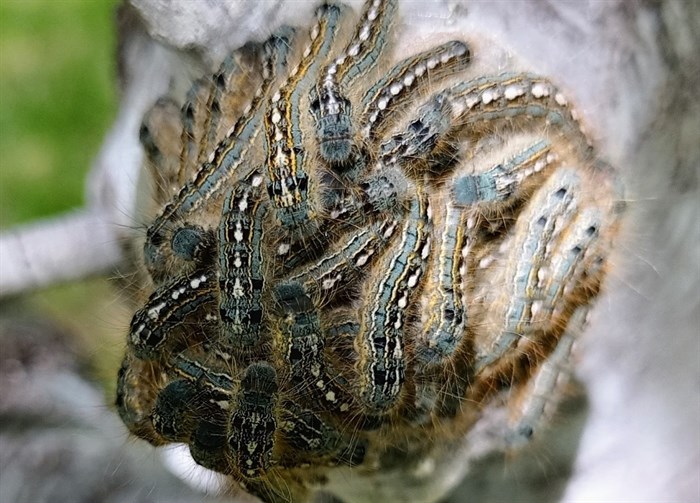
News from © iNFOnews.ca, . All rights reserved.
This material may not be published, broadcast, rewritten or redistributed.

This site is protected by reCAPTCHA and the Google Privacy Policy and Terms of Service apply.
Want to share your thoughts, add context, or connect with others in your community?
You must be logged in to post a comment.